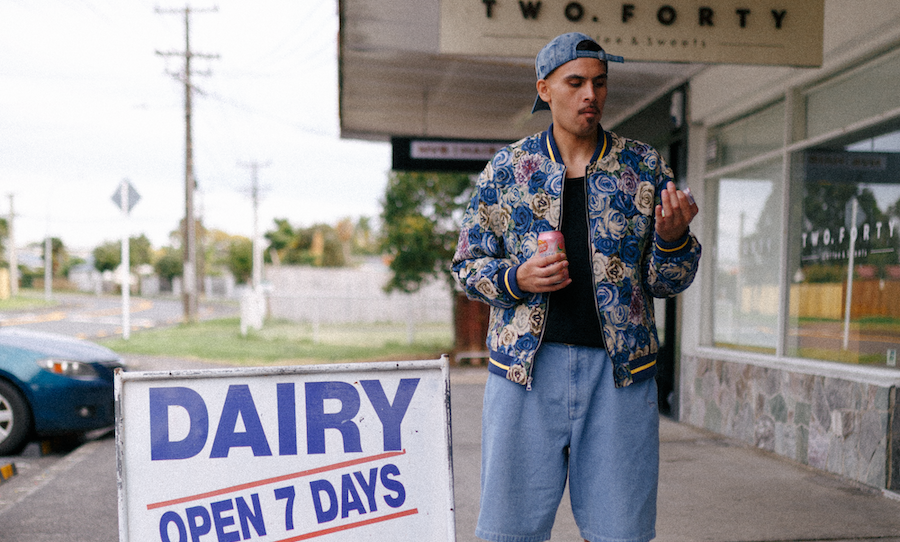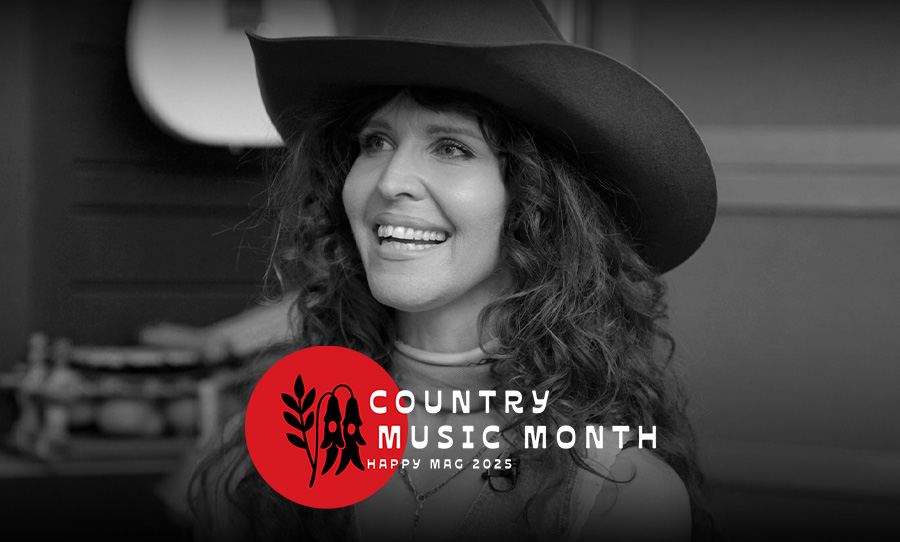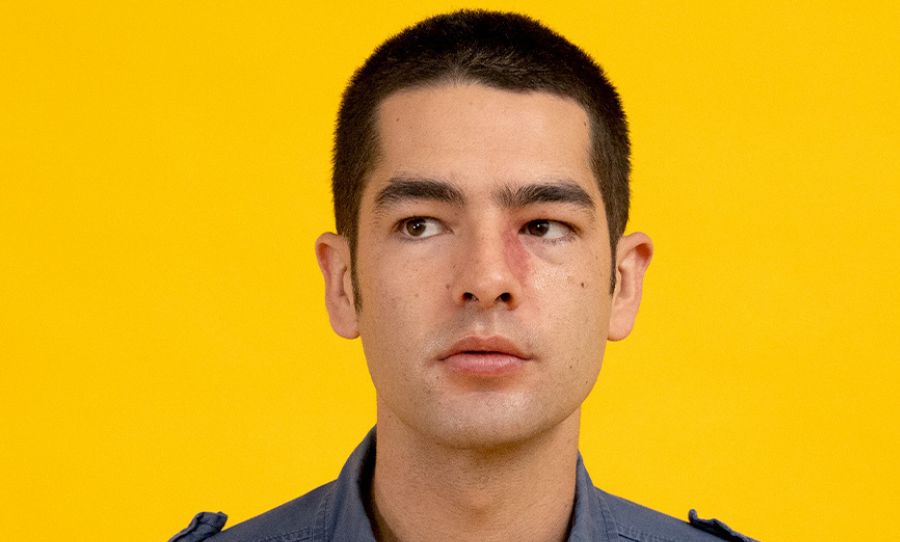MOHI is turning personal and cultural history into neosoul gold.
MOHI’s making music that sticks in your chest. The Henderson-born Māori artist just dropped The Flowers That Grow From Concrete Pavements, an album about life, love, loss, and getting through it all.
We dug into how he works: those random sparks of inspiration, moana-side voice memos, and jam sessions with his mates.

It’s all about honesty, heritage, and the weird, beautiful ways songs come together when you follow the feeling.

HAPPY: What usually sparks the start of a song for you, a lyric, a melody, a feeling, or something completely different?
MOHI: It’s a feeling. I get a feeling within my gut, my mind is open, I usually get a surge of endorphin-like feeling that rushes through my body, and I know it’s time to go to work.
Sometimes it starts as a melody, other times lyrics come first, sometimes it’s a mixture of both.
I don’t restrict myself to one way of writing, nor do I force myself to write at any time – ka waiho mā te wairua tonu e kawe (I let my spirit and divine timing do its thing).
HAPPY: How do you move from that first spark to a full song? Do you have any rituals, habits, or creative “rules” when writing?
MOHI: I just commit to the idea or whatever kaupapa I’m trying to convey. For a lot of my music, I collaborate with my mates and we all have talent and strengths across the board. So finishing a song is always never too hard.
MOHI: One rule that I have for writing is – If the song isn’t coming together easy enough within the first 90 mins, it’s time to change the song.
I might revisit that idea down the line, but if the feel isn’t quite there, then I change it up and keep that track for another time, there might be more ideas that come up for that idea that night or the following day.
HAPPY: How do collaboration and solitude each play a role in your writing?
MOHI: I love collaboration, especially with my mates. There’s something really amazing about being able to create music with your friends – everyone speaking to one overarching kaupapa but in their own way.
I also enjoy writing on my own, being in a flow state out by the moana, just voice memo-ing all my ideas and what the taiao (environment) is inspiring me to create.
I think for my latest album, I had to do a lot of writing in solitude – purely because of what the album is about, the stories that I share through the album, it needed to come from that space of writing.
View this post on Instagram
HAPPY: Has your songwriting process changed over time, or through different projects or life experiences?
MOHI: For sure over time, the songwriting process has changed a lot. I think my songwriting has matured over time.
I’m more aware of the formula behind writing, the importance of a good hook, good kaupapa, relatable lyrics, honesty and authenticity in the music.
For The Flowers That Grow From Concrete Pavements, I wrote this album in three weeks, all songs as voice memos with a plan of how they’d be developed and collectively make up this body of work.
And so even that kind of writing was really different from my previous two albums, but a pivotal part in the development of this album, and those voice memos ended up becoming the joining parts that binded the album together.
Songwriting is such a buzzy world, and I love how there’s so many ways to go about writing tunes.
HAPPY: When you finish a song, how do you know it’s done or do you ever really feel that way?
MOHI: I just know ay. If the song BANGS, and the lyrics and music make sense, it’s ready to go!
I try not to overthink the music, cause sometimes you can lose the sauce in the production, if it’s On, then it’s ready.



